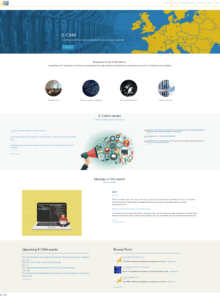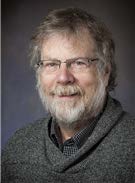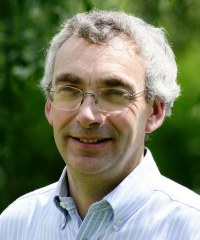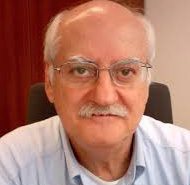Solvers for quantum atomic radial equations
SQARE (solvers for quantum atomic radial equations) is a library of utilities intended for dealing with functions discretized on radial meshes, wave-equations with spherical symmetry and their corresponding quantum states. The utilities are segregated into three levels: radial grids and functions, ODE solvers, and states.
For more information see modules SQARE radial grids and functions, SQARE ODE and SQARE states documentations.






 In our fifth newsletter, we highlight the programme of events 2017, and present the profiles of the new Project Technical Manager, Ignacio Pagonabarraga, and the Project Coordinator, Ana Catarina Mendonça. We describe the nature of the E-CAM extended software development workshops and the outputs from these events in 2016, and present a report from the E-CAM second General Assembly. A summary of the deliverables due during period covered by the Newsletter is also presented. An opinion piece by Prof. David Ceperley poses the question “Does our simulation community need EXASCALE?”, and offers his perspective.
In our fifth newsletter, we highlight the programme of events 2017, and present the profiles of the new Project Technical Manager, Ignacio Pagonabarraga, and the Project Coordinator, Ana Catarina Mendonça. We describe the nature of the E-CAM extended software development workshops and the outputs from these events in 2016, and present a report from the E-CAM second General Assembly. A summary of the deliverables due during period covered by the Newsletter is also presented. An opinion piece by Prof. David Ceperley poses the question “Does our simulation community need EXASCALE?”, and offers his perspective.